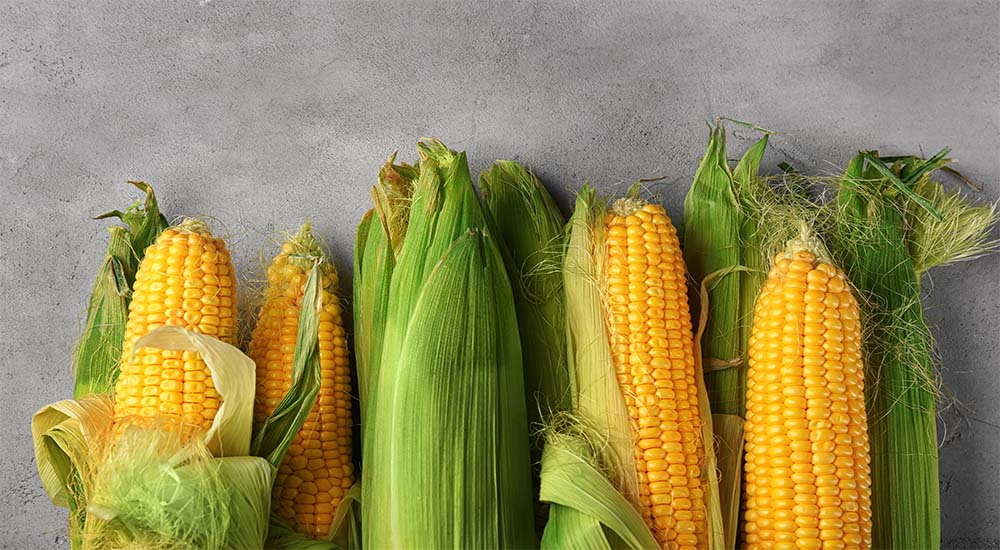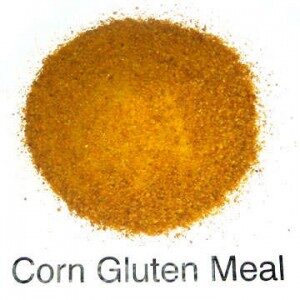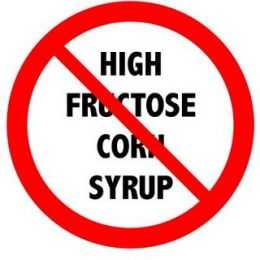Gluten Intolerant? Is Corn Safe to Consume?

Is Corn Creating Inflammation Similar to Gluten?

Most of the blogs focused on a single study out of the journal Gut – An International Journal of Gastroenterology and Hepatology from 2005, wherein the researchers were observing, in a small group of celiac disease patients, the inflammation created by the rectal introduction of gluten as compared to corn, which they were using as a control.
In other words, the researchers used corn as the ‘innocent grain’ and were comparing the results to gluten – the known ‘bad guy’ for celiac.
The researchers were surprised to learn that the celiac group (13 participants total) reacted not only to the gluten in an inflammatory fashion but also to the corn. The corn reaction was not as intense as that of gluten but it was still higher than in the control group (18 participants total).
Is the take-away from this single study that corn is unsafe for all those who suffer from gluten intolerance? Not necessarily. Am I a big proponent of corn in the diet? Again no.
The Corn was Contaminated with Gluten
Let’s look at this further. One ‘fly in the ointment’ of this study was that the researchers, upon being confronted with so many celiac disease participants reacting to corn in their study, decided to check the corn for cross-contamination. Sure enough, the corn was found to have 82 ppm of gluten in it due to cross-contamination.
Now 82 ppm is well beneath the 20 ppm that is used to legally call a food ‘gluten-free’ but I probably don’t need to tell you, especially if you have celiac disease, that many celiacs can ‘perceive’ the presence of that much gluten and do react to it.
Certainly, the study would have been more accurate had the corn been tested beforehand and found to have negligible if any gluten contamination.
The other big question that we don’t clearly know the answer to is if 82 ppm of gluten delivered directly into the rectum (that was the approach they used in this study) isn’t more intense and perhaps more on par with over 20 ppm of gluten when the latter is ingested orally and goes through the intense acid of the stomach before entering the intestine and finally getting to the rectum.
We just don’t know if that level of gluten contamination in the corn and its method of introduction into these participants’ bodies wasn’t enough to act as a mild gluten challenge in its own right.
The authors had a similar concern and I quote: “It cannot be excluded that the small amounts of gluten present in the corn preparation induced an inflammatory reaction as the mucosal patch technique [rectal introduction] is very sensitive.”
Using a Single Study to ‘Prove’ a Point is Dangerous
Once again, I’m not a big fan of corn and I will discuss why below, but to use this single study as ‘proof’ that corn gluten is bad and dangerous for all those with celiac disease is likely inaccurate and overly inflammatory.
Also using the terminology ‘corn gluten’ to potentially confuse people with gluten intolerance that corn is to be avoided in the same way as wheat, rye and barley are likely adding a greater burden to an already challenging diet than is absolutely necessary.
Five Reasons Corn is Not on My ‘Good Food’ List
Now that’s not to say that corn reactions, in their own right, don’t occur, they certainly do. And in my clinical experience, I see them more often than previously. Let’s look at some potential reasons why:
- Corn is the second largest food source suffering from GMO (genetic modification) – therefore it is not the same substance that Mother Nature created and, in this country, you’ll be fairly hard put to find ‘untainted’ corn.
- Corn does share something in common with gluten and that is both are not readily digestible.
- Corn is high in starch and low in nutrients, making it far from ideal food.
- High fructose corn sweeteners are not only a source of obesity and diabetes but in the manufacturing process, there are actually mercury residues. Heavy metals are extremely toxic to the human body.
- Corn, because it is cheap and puts on weight readily, is being used as a staple to feed the animals we eat, such as cattle, chicken, and even fish. (You have to know that corn would never be a native food for something that lives in water, yet we use it because it’s inexpensive.) This diet of corn creates ‘unhealthy’ meat that we in turn ingest when we eat the animal. Eating corn-fed meat has been linked to increased obesity, heart disease, and diabetes in humans. While the hormones and chemicals also being fed to these animals should be taken into consideration, it is well established that grain-fed animals are less healthy than their grass-fed counterparts.
What Do I Recommend for You?
The first step is to determine if you are gluten intolerant. There are blood tests for celiac disease (tTG) and a comprehensive blood test for gluten sensitivity, indicators of celiac disease, and a wheat allergy offered by Cyrex Labs.
In order to not join the majority of celiacs who remove gluten from their diet and still don’t heal their intestines, it’s critical that you look into the secondary effects of gluten and properly treat those effects that are having a direct negative effect on your health. The secondary effects include:
- Find out if there are any other foods that you are sensitive to beyond gluten. Fondly enough, our two biggest GMO foods, soy, and corn are frequently found as food sensitivities.
- Discover if you have any cross-reactive food reactions. This would be found through a blood test. It is crucial to discover if any of these are present as they ‘act’ like gluten as far as your immune system is concerned. Common cross-reactive foods are dairy products, coffee, milk chocolate, oats, and yeast. Several non-gluten grains are also on the list of potentials, including corn. But do understand that these are not gluten-containing foods but rather foods that have a similar protein structure that your body’s immune system can ‘confuse’ for gluten.
- Testing for the presence of possible pathogenic organisms in the gut is also part of the secondary effects of gluten. If organisms such as parasites, bacteria, amoebas, and the like are present, you will not heal your intestine.
- Measuring if any nutrients are deficient is another component. Vitamin and mineral deficiencies are common, especially with celiac disease.
- Discovering if the good bacteria in the gut are healthy and balanced in their population is an additional facet that is a must when healing the gut.
- Testing for a leaky gut so that the steps you take to heal it can be objectively measured to show improvement with future testing, is the final step.
- Embark on a truly healthy diet. This would include: •Organic beans and legumes •Fresh nuts and seeds •Healthy oils •Moderate use of whole, organic, non-gluten grains such as rice, quinoa, etc •Clean, spring water •Exercise
This list does not include high fructose corn sweeteners, GMO corn, GMO soy, artificial sweeteners, coffee, grain-fed animal meat, gluten, or dairy products.
I hope this was helpful and clears up any confusion that has arisen during the recent discussions revolving around corn gluten. While corn certainly isn’t a ‘health food’, the zero-tolerance policy we have to adapt to avoiding gluten is likely unnecessary with organic corn. But… I certainly wouldn’t make corn a part of my daily diet and avoid GMOs at all costs. What are your thoughts? Let me know. Please share this with your family and friends and anyone who is gluten intolerant. Let me know of any questions that arise – I’m here to help. Our destination clinic sees patients from across the country and internationally, making it possible to be treated even if you don’t live locally.
Do you need help with your health?
We have the diagnostic and testing tools, the clinical experience, and a different medical approach to discovering the root cause of why you have the symptoms that are bothering you. As long as you are ready to make some dietary and lifestyle changes, we can help you. We will "hold your hand" through the changes, step by step, to make each step an easy one. We are located in Clearwater, FL, at 1000 S Ft Harrison, at the corner of Ft. Harrison Ave. and Magnolia St. There is plenty of parking space directly accessible from Ft Harrison. If it is not convenient for you to come to Root Cause Medical Clinic, we offer telehealth/telemedicine consultations to residents of certain states. Call us for details.
Contact us for a Consultation – Call 727-335-0400

Dr. Vikki Petersen DC. CCN
Founder of Root Cause Medical Clinic
Certified Functional Medicine Practitioner
Dr Vikki Petersen is a public speaker, author of two books, several eBooks and creates cutting edge content for her YouTube community. Dr Vikki is committed to bringing Root Cause Medicine and its unique approach to restoring health naturally to the world.
Ask a Doctor
Have a health concern you'd like to speak with a doctor about? Or just want clarity on a subject? Ask Us!



